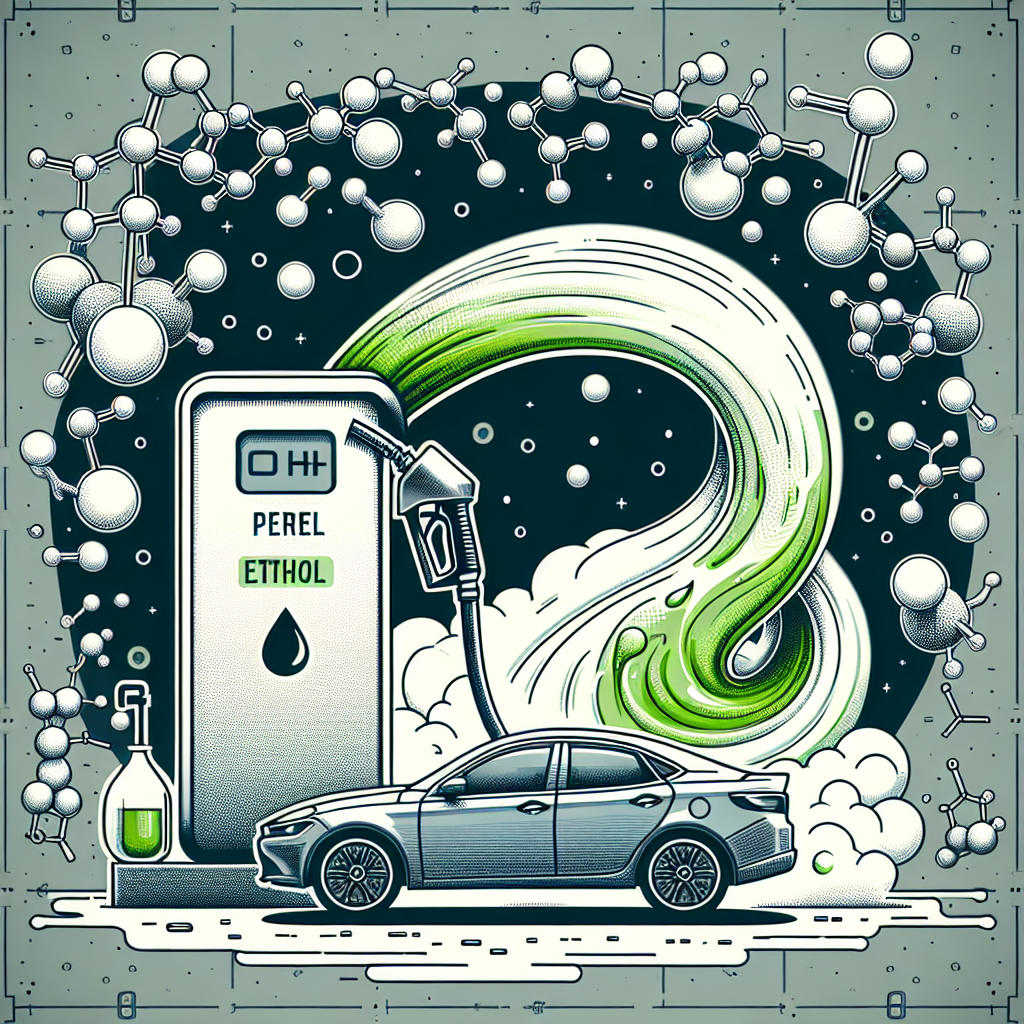E20 Fuel: Balancing Efficiency and Innovation
The implementation of 20% ethanol-blended petrol (E20) could result in a 2-5% drop in fuel efficiency. While some vehicles are compliant, older ones may face potential long-term erosion in parts. The government supports E20 to reduce emissions and support farmers, despite debates over its impacts.

- Country:
- India
Automotive industry experts have raised concerns that using 20% ethanol-blended petrol, known as E20, could lead to a reduction in fuel efficiency by 2-5%, contingent upon vehicle type.
While social media buzzes with debate, seasoned automotive engineers from leading companies affirm that non-E20 compliant vehicles may encounter erosion issues over time, though not immediately. A government oil ministry post claims that reports of drastic efficiency cuts are exaggerated, noting marginal efficiency declines are more accurate.
Ethanol provision brings perks like better acceleration and enhanced air-fuel mixture density, as heat of vaporisation is higher. Despite this, big names like Maruti Suzuki and Hyundai Motor India remain reticent, while Tata Motors assures compliance. India's shift highlights efforts to curtail emissions and bolster farmer income through a national program of blending petrol with ethanol from crops like sugarcane.
(With inputs from agencies.)










